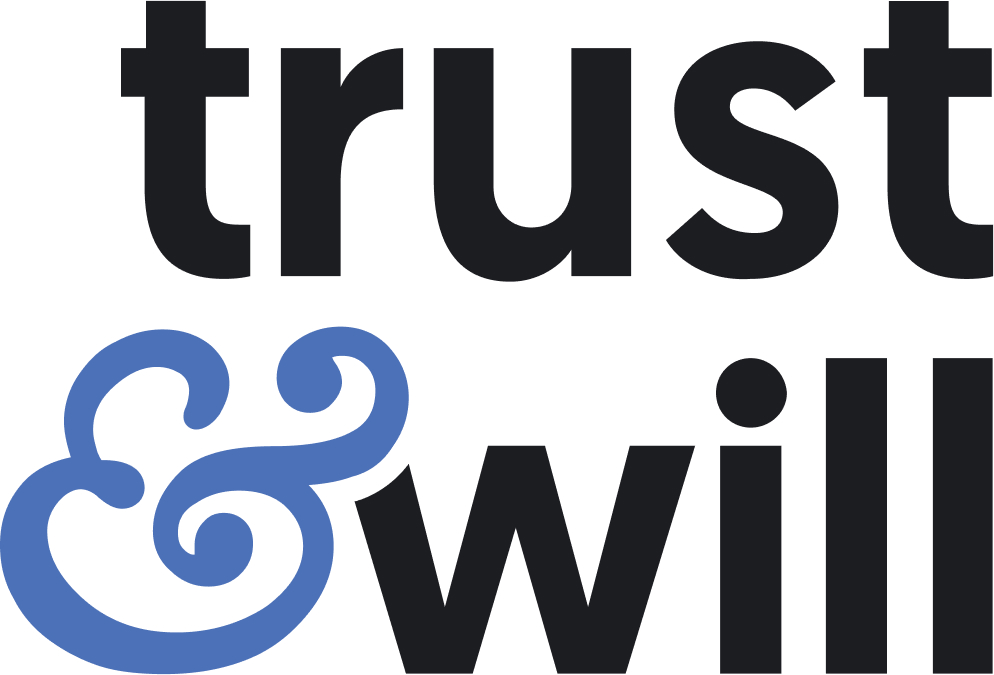A mirror trust, also known as a qualified income trust (QIT), helps you qualify for Medicaid nursing home benefits and other long-term home care services if your income exceeds the eligibility requirements.
for many people long-term care Covered by Medicaid but not by Medicare, it’s too expensive to pay out-of-pocket. Medicaid’s strict income requirements make it difficult for many to qualify for assistance, but mirror trusts can be a workaround in many states.
Depending on which state you are in, a mirror trust may also be called:
-
Irrevocable Income Trust.
With this type of trust, income earned in excess of the special income limit is placed in an irrevocable trust and is no longer considered income for Medicaid eligibility purposes.
 Best for: ease of use. price: The one-time fee is $159 for individuals and $259 for couples. After that, the annual fee is $19. |
 Best for: Users who want a comprehensive experience. price: $99/year for the Starter plan. $139/year for the Plus plan. $209 per year for the All Access plan. |
 Best for: State-Specific Legal Advice. price: $89 for the Basic plan. $99 for the all-inclusive plan. Estate plan bundle $249. |
Pros and Cons of Mirror Trusts
Professional
-
Miller Trust can help you qualify for Long Term Care Medicaid income. Income placed in a trust doesn’t count against your Medicaid income limit, which can save you significant medical bills.
Cons
-
Trust must be irrevocableThis means that once established, they cannot be changed or removed.
-
You may be required to put all of your income directly into a trust. It depends on your state’s rules and regulations. Also, this trust severely limits the amount of your own money that you can access. After you die, the remaining funds are usually donated to the state.
Which states have mirror trusts?
Medicaid income guidelines vary by state. Some states have a monthly income cap of $1,000 or less for singles, while others have no income cap but have rules about how much income a person can maintain each month.
Only 25 states allow the use of mirror trusts to meet income requirements. Those states are:
How to set up mirror trust
To set up a Miller trust, you must:
-
Select a trustee. This person will manage the account. (Note: A Medicaid applicant cannot be a Designated Administrator.)
-
Designate the state where you receive long-term care as a beneficiary of the trust.
Once the trust is set up, money is deposited into the trust each month. Pension funds only social security Payments and other types of income can be deposited in a trust. You cannot add assets such as a house.
Again, the exact requirements vary by state, so it’s important to understand the state-specific rules and requirements for mirror trusts. Some states require you to deposit your entire monthly income directly, while others allow you to deposit only a portion of your monthly income.
However, all states require payments from a single source of income to be deposited into a designated account. A Social Security check cannot be split between a mirror trust account and a savings or checking account.
Also, no VA grants or attendance allowances, home benefits, or reimbursements for additional medical expenses may be used as income for the trust.
How do mirror trusts work?
As soon as you sign the trust documents, open a trust bank account, and deposit sufficient income below Medicaid’s special income limits, your mirror trust will be operational.
As you receive income, you will continue to deposit it into your trust account each month. Thereafter, by the end of the month, the designated trustee will make the distributions from the trust. The exact timing of deposit and payment may vary by state. Some states place limits on the amount that can be deposited into the trust each month. It is always important to check with state authorities for clarification of specific rules and regulations.
There are three specific payments to which the trustee must allocate funds.
-
Monthly Personal Needs Allowance (PNA): This allowance is intended to cover clothing, personal effects, entertainment and other similar expenses. For nursing home residents, it’s between $30 and $130 a month, but can go up to Medicaid income limits for home-based and community-based service recipients.
-
Monthly Minimum Maintenance Required Allowance (MMMNA): This is for the spouse of a Medicaid recipient to cover basic living expenses as needed. This covers essential needs such as housing, food and other necessities.
-
Covers the cost of medical assistance. Any funds left over after paying the PNA and/or MMMNA will be used to cover the cost of medical assistance provided to Medicaid recipients. This covers treatment, medication, doctor visits, hospitalization, or other related medical expenses not covered by Medicaid.
The trust ends upon the death of the Medicaid beneficiary. So if funds remain in the trust after your death, the state will repay you for the care provided. This payment must be less than or equal to the amount the state actually paid for care. However, it is rare for mirror trusts to have surplus funds beyond that amount.
To find out if setting up a Miller Trust is the best way to pay for long-term care, consult an aged care attorney, estate planning attorney, or Medicaid planning expert.
This article was written by Erin Oppenheim, a freelance writer and communications expert working in the nonprofit and philanthropic field.

